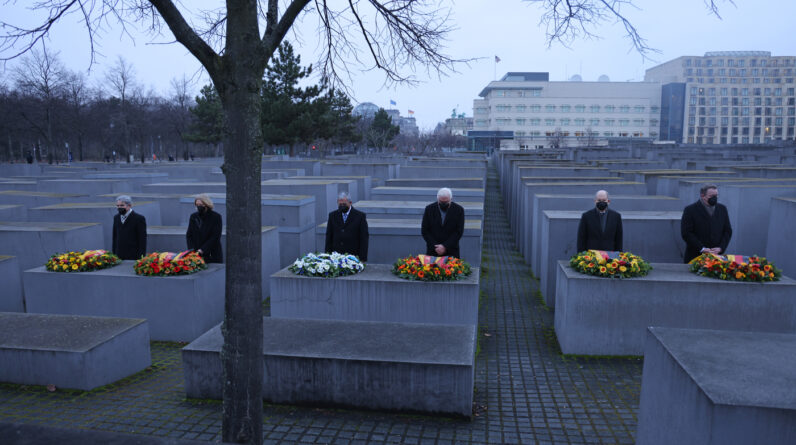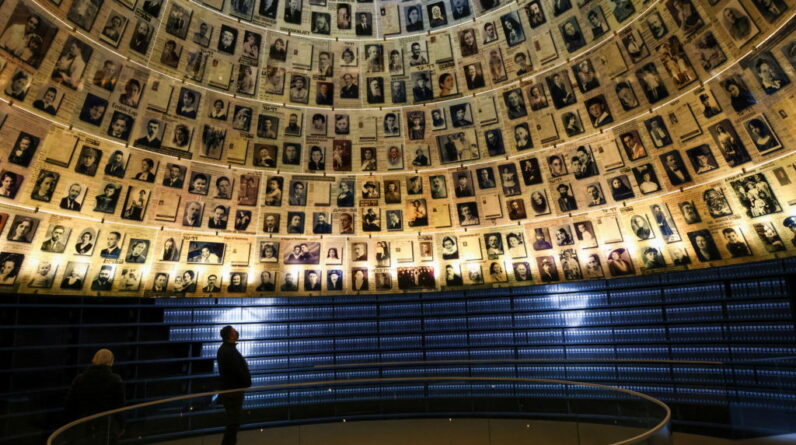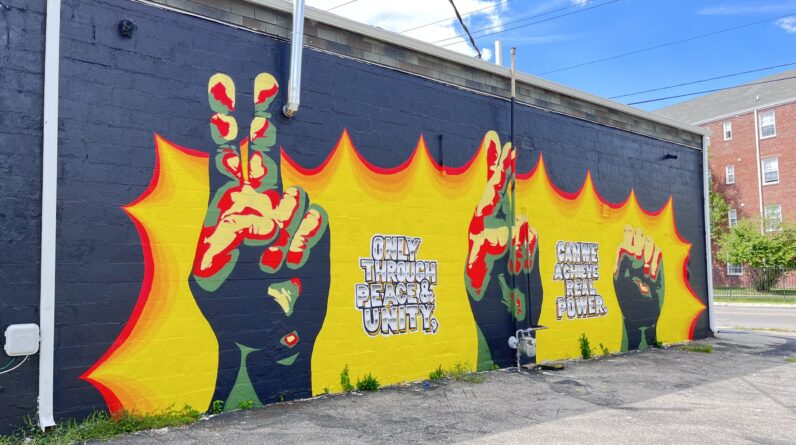
Holocaust Memorial Day is a solemn commemoration dedicated to remembering the millions of victims of the Nazi regime’s atrocities. This annual observance serves as a reminder of the Holocaust’s horrors and the importance of promoting tolerance, understanding, and justice in our society.
The Holocaust, one of the darkest chapters in human history, saw the deliberate extermination of six million Jews, along with millions of other marginalized groups such as Roma, disabled individuals, and political dissidents. It stands as a stark reminder of the consequences of unchecked hatred and discrimination.
Holocaust Memorial Day aims to honor the victims and educate people about the Holocaust’s causes and consequences, fostering a commitment to safeguarding human rights and preventing such atrocities from happening again. We will delve deeper into the significance of Holocaust Memorial Day and explore how we can learn from the past to shape a more inclusive and compassionate future.
Remembering The Past
Remembering the Past
Commemorating the Holocaust’s Impact
Historical Context and Background
The Holocaust was a dark chapter in human history, where millions of innocent lives were lost. It took place during World War II when the Nazi regime systematically targeted and persecuted various groups, predominantly Jews. It is crucial to understand the historical context and background that led to such horrors.
Examination of Nazi Atrocities
The atrocities committed by the Nazis during the Holocaust are beyond comprehension. From mass killings to concentration camps, the cruelty inflicted upon innocent individuals was inhumane. It is imperative to reflect on and learn from these events, ensuring they are never repeated.
Reflecting on the Victims’ Experiences
The Holocaust survivors’ experiences are incredibly powerful and serve as a reminder of the strength of the human spirit. Listening to their stories allows us to engage with the past and understand the profound impact of such atrocities on their lives and those around them.
Personal Stories of Survivors
Survivors’ personal stories offer firsthand accounts of the horrors they faced. These narratives provide a deeper insight into the human resilience and the realities of life during the Holocaust. They deserve to be heard and acknowledged.
Testimonies from Second and Third Generations
Even though many survivors have passed away, their legacy lives on through the testimonies of their descendants. Second and third generations share familial stories, preserving and honoring the memory of their loved ones who suffered during the Holocaust.

Credit: www.timesofisrael.com
Honoring The Victims
The Holocaust Memorial Day is an occasion for honoring the victims and maintaining collective memory. This is achieved through various means, such as establishing Holocaust memorials and museums. These sites serve as physical tributes and reminders of the atrocities committed during the Holocaust, ensuring that future generations will never forget. Another crucial aspect of preserving collective memory is capturing the testimonies of survivors. Their firsthand accounts provide invaluable insight into the horrors they endured and serve as a powerful reminder of the importance of preventing such atrocities from happening again.
Education plays a significant role in ensuring the Holocaust is remembered and understood. Holocaust education is incorporated into school curricula, enabling students to learn about the historical context, causes, and consequences of the Holocaust. This education aims to nurture empathy, tolerance, and a commitment to human rights. Additionally, literature and films that depict the Holocaust provide a medium for storytelling and reflection, further deepening our understanding and preserving the memory of this dark chapter in history.
| Ways to honor the victims and maintain collective memory: |
|---|
| Establishing Holocaust memorials and museums |
| Preserving survivors’ testimonies |
| Educating future generations through Holocaust education in schools |
| Remembering through literature and film |
Promoting Awareness And Combating Antisemitism
Holocaust Memorial Day is an important occasion that aims to promote awareness and combat antisemitism worldwide. It serves as a reminder of the atrocities committed during World War II and the importance of learning from history to prevent such horrors from happening again.
One of the key ways to raise global awareness about the Holocaust is through International Holocaust Remembrance Day. This annual event encourages nations to commemorate the victims, honor the survivors, and educate future generations.
Social media campaigns and initiatives play a significant role in spreading awareness about the Holocaust and combating antisemitism. These campaigns leverage the power of digital platforms to reach a wide audience and educate them about the historical context, stories of survivors, and the impact of hatred and intolerance.
In addition to social media, educational programs and events are vital for grappling with the history and lessons of the Holocaust. Schools and universities organize workshops, lectures, and exhibitions to engage students and encourage critical thinking about prejudice and discrimination.
Furthermore, legislation against hate crimes and discrimination is crucial in combating antisemitism and other forms of prejudice. Robust legal frameworks help protect vulnerable communities, discourage hate speech, and hold perpetrators accountable for their actions.
Frequently Asked Questions Of Holocaust Memorial Day
What Is Holocaust Memorial Day?
Holocaust Memorial Day is an annual commemoration to honor the victims and survivors of the Holocaust, as well as victims of genocides in Cambodia, Rwanda, Bosnia, and Darfur. It serves as a reminder to never forget the atrocities of the past and to safeguard against hate and discrimination in the future.
Why Is Holocaust Memorial Day Observed On January 27th?
January 27th marks the liberation of Auschwitz-Birkenau, the largest Nazi death camp, by Soviet troops in 1945. This date was chosen to commemorate the victims of the Holocaust as it symbolizes the end of their suffering and the hope for a better world free from hate and persecution.
How Do People Honor Holocaust Memorial Day?
People honor Holocaust Memorial Day by attending memorial events, participating in educational activities, lighting candles in remembrance, observing moments of silence, and learning about the stories and experiences of Holocaust survivors. It is a time for reflection, education, and promoting tolerance and understanding in our society.
What Can We Learn From Holocaust Memorial Day?
Holocaust Memorial Day teaches us the importance of standing up against hatred, prejudice, and discrimination. It reminds us of the consequences of remaining silent in the face of injustice and the great importance of respecting and protecting human rights for all individuals, regardless of their ethnicity, religion, or background.
Conclusion
Holocaust Memorial Day serves as a solemn reminder of the atrocities committed during World War II. By honoring the victims and survivors, we preserve their memories and ensure that their stories are never forgotten. It is crucial to educate current and future generations about the Holocaust’s horrors to prevent history from repeating itself.
Together, we can work towards building a more inclusive and compassionate world.





